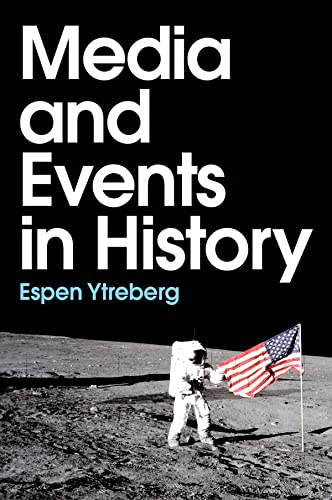

Most ebook files are in PDF format, so you can easily read them using various software such as Foxit Reader or directly on the Google Chrome browser.
Some ebook files are released by publishers in other formats such as .awz, .mobi, .epub, .fb2, etc. You may need to install specific software to read these formats on mobile/PC, such as Calibre.
Please read the tutorial at this link: https://ebookbell.com/faq
We offer FREE conversion to the popular formats you request; however, this may take some time. Therefore, right after payment, please email us, and we will try to provide the service as quickly as possible.
For some exceptional file formats or broken links (if any), please refrain from opening any disputes. Instead, email us first, and we will try to assist within a maximum of 6 hours.
EbookBell Team

4.1
40 reviewsThe most intense hopes and fears of our collective lives centre around large-scale events – from competitions, celebrations and festivals to environmental disasters, pandemics and terror attacks. The media are a crucial part of this process: they enable the planning, resource allocation and circulation of the vital information needed to mount major events. They are also where traces of events are stored for history. In short, large-scale and collective events have been, and still are, mediated.
Starting from nineteenth-century industrialisation,Media and Events in Historyexplains how contemporary life has become saturated with events. It discusses how they have come to involve extensive infrastructures, forms of control and anticipation, attention and participation, contingency and transformation, and articulations of the past and the future. Synthesising and developing insights from history, media studies, philosophy and the social sciences, Ytreberg surveys the rise of event-planning via mediation, and exposes the historical driving forces behind ‘media events’, global ‘mega-events’ and ‘pseudo-events’. Revealing the importance of events in history, this eye-opening book will be of interest to students of media studies, history, historical sociology and cultural history, as well as the general reader.